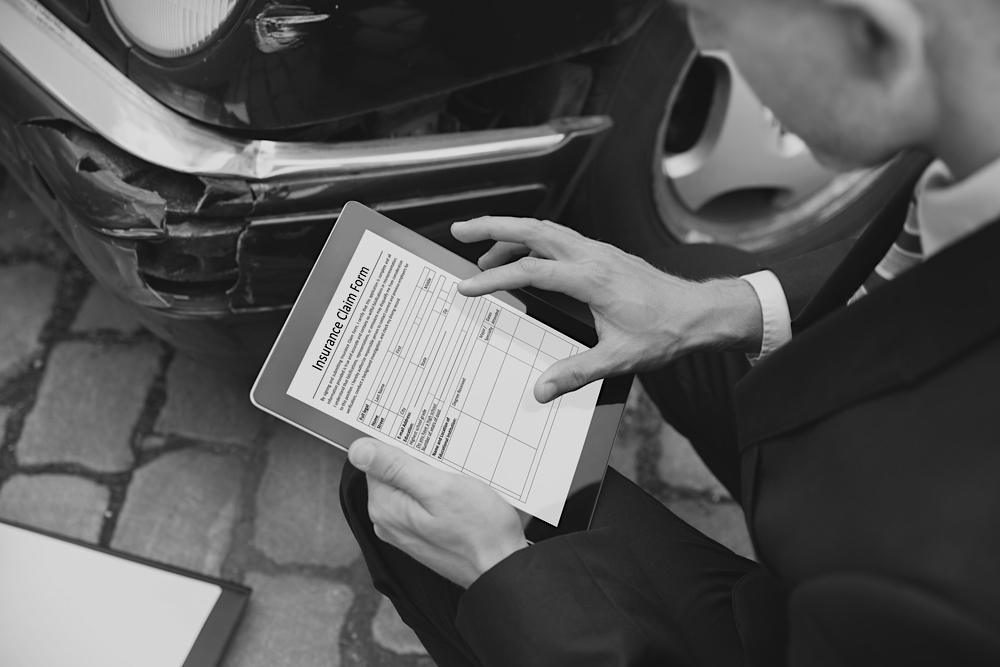
Going into the pandemic Commercial Auto insurance was a very “distressed” line of coverage. The industry was operating at 119% loss ratio through the end of calendar year 2019. Since the pandemic, things have continued to worsen. Insurance carriers are continuing to increase rates, underwriting guidelines have become very stringent, and many carriers are pushing additional responsibilities, and costs, onto policyholders in an attempt to reduce claims exposures and related expenses.
With that said, it is very important to understand that much of your company’s protection falls on your shoulders to ensure your business remains protected. However, there are some actions you can take to keep safe and help mitigate risk:
- If you have not notified your broker of a newly acquired vehicle, do not assume it is insured. Many carriers will only provide coverage for the vehicles that have been specifically scheduled onto the policy. A 30-day grace period for reporting a new vehicle is a common misconception that arose out of older policy conditions under many Personal Auto Policies.
- If you have not disclosed a driver to your broker, do not assume that you are protected if said Driver causes a loss in the course of business. All drivers must be disclosed to the insurance company. Please contact your broker to verify the eligibility of all drivers before you grant them permission to drive in the course and scope of business. This applies to anyone driving on behalf of the company, regardless of the ownership of the vehicle.
- If your owned vehicles have equipment or “after-market” products attached to them, please contact your broker to discuss your individual circumstances as many auto insurance carriers will only cover a loss to the vehicle itself and factory mounted equipment.
- Driver Acceptability standards established by each insurance carrier are applicable to every person who operates a vehicle in the course and scope of business, regardless of the ownership of the vehicle. It is very challenging hiring qualified individuals these days and having a clean or “acceptable” driving record makes it that much more challenging. If after screening a potential driver for your business, it is determined that said driver does not meet the insurance carrier’s minimum acceptability standards that means that your business will not be protected if that person drives any vehicle in the course and scope of business. The driver acceptability standards are not only applicable to employees operating company owned, leased, or rented vehicles; it also applies to employees operating their own vehicles while working for the business.
Think safe, train safe, work safe, stay safe!
Have more questions about driver acceptability standards and how they affect your claims? Reach out to TSIB and speak with one of our Risk Consultants.
TSIB’s Risk Consultants are currently servicing the following locations:
East Coast: New York City, NY; Bergen County, NJ; Fairfield County, CT; Philadelphia, PA
Texas: Austin, San Antonio, Houston, Dallas
California: Orange County, Los Angeles County, Riverside County, San Bernardino County, San Diego County
Image credit: shutterstock.com/apops

Comments